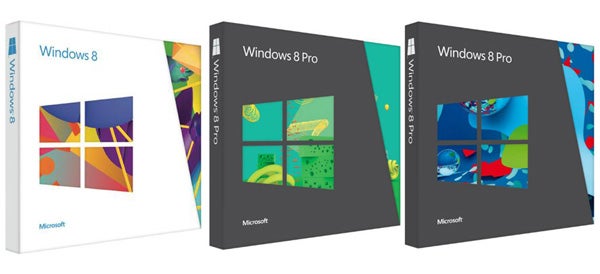Why I Love & Hate Windows 8

LOVE
Speed
I touched on this earlier, but Windows 8 is fast. This isn’t restricted to the performance of the desktop – which is good enough to be used to reinvigorate older PCs on Windows 7 or Vista – but to load times in all areas. Most notable is the boot time which on an SSD can be done in roughly 10 seconds. Naturally this excludes post times, but combined with a motherboard that uses UEFI (unified extensible firmware interface) instead of BIOS the total time from hitting the power switch will only be fractionally longer.

Sleep and hibernate have been similarly speeded up. The former takes approximately three to five seconds and for perhaps the first time in any Windows platform works extremely reliably with little drop off in overall performance when used over extended periods of time. The latter is hidden by default, understandable given the success of Sleep, but takes under 10 seconds. For Windows 8 laptop and tablet users this will be a revelation.
HATE
Forced Personalisation
Windows 8 wants to be ‘your Windows’ more than any other previous incarnation. Like iOS or Android you are pestered to have a Microsoft account from the beginning and the moment you enter it and link a few services the notifications begin: Gmail, Facebook, IM and more are all issued through Windows in addition to being coming through in Gmail, Facebook, your IM service, etc. Turning them all off is a problem and creating a neutral PC for a shared environment – such as a living room – is even harder.

The option here is to create a ‘Local Account’ but Windows takes great joy in telling you this luddite option won’t save your settings or preferences should anything go wrong or if you need to ‘Refresh’ your PC. The end result: I ended up creating a new Windows account just for a communal PC. Ridiculous.

